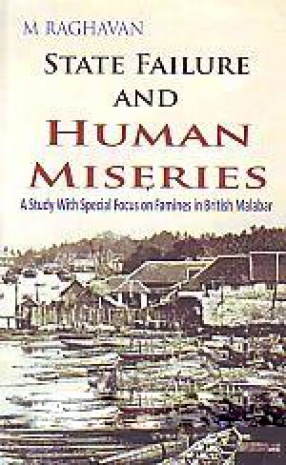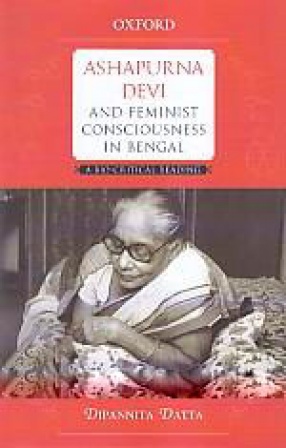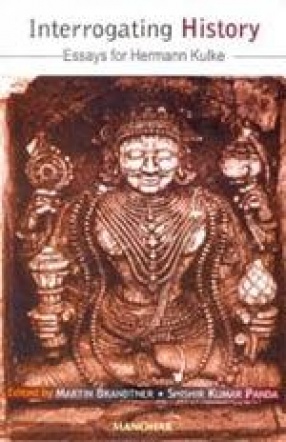This book deals with a more or less discarded piece of the history of famines in British Malabar – a region that presently constitutes the northern and central Kerala in India – during the 18th, 19th and first half of the 20th centuries. What distinguishes this study from a host of scholarly works on famines in different parts of the world is (a) the analysis of issues on a macro-historic frame-work with elaborate notes and references, (b) integrating in this frame-work the causes, consequences and features of famines in Malabar with the help of hitherto unused primary data in the regional and national archives, and (c) a book-length treatment, for the first time, of the casual mechanism precipitating hunger and destitution into full-blown famine, and its prevention and mitigation as the primary responsibility of the State, be it democratic, authoritarian or imperialistic. Despite being an original work, this book is expected to be highly useful for post-graduate teachers of British economic history as a reference text; for general readers to have a comprehensive view of the subject under study; and for new generation students to identify easily verifiable topics for further research, not necessarily of famine alone.
Contents: Preface. 1. Introduction. 2. Famines in Malabar: a historical sketch. 3. Food availability crisis and famines. 4. Famines and British land revenue policy. 5. Epidemics and famine mortalities. 6. Entitlement approach to famines: some comments. 7. The 1943 famines: comparing Bengal and Malabar. 8. A postscript. References. Index.





There are no reviews yet.